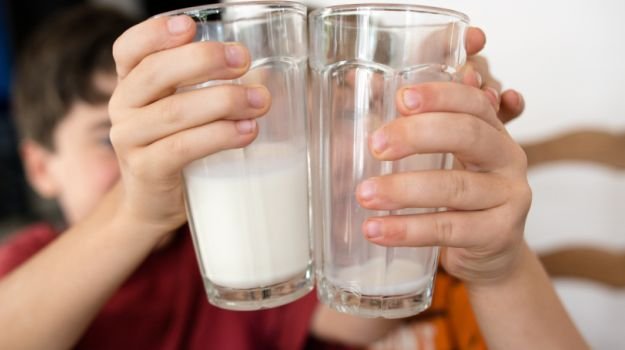Inside BENEO’s new pulse plant: pioneering sustainable protein from faba beans
In a move to bring the entire nation under one standard regulation, Food Safety and Standards Authority of India (FSSAI) has amended the regulatory standards for cow milk hence, making it uniform for the entire nation.
As per the new standards that came into the effect from August 2, 2017, the regulator has reduced the previous set standards of ‘milk fat’ and milk solids not fat’. Whereas, the minimum fat content of cow’s milk was different for different states but now FSSAI has made it uniform for all the states.
The highest standard for milk fat was set for Haryana, Punjab and Chandigarh at 4 per cent and the lowest in Mizoram and Orissa at 3 per cent.
This figure has now been made the same for the entire country set at 3.2 per cent. On the other hand, the standard for milk solids which was set at 8.5 per cent all over the country has been brought down to 8.3 per cent.
The director of FSSAI, Pawan Agarwal said that the changes are part of the continuously evolving system of standards and added, “Today we don’t require the variation across states. That’s why the new standards are uniform for the country now.” He said that the new standards will make the sale of milk easier for cow milk sellers.
Veena Shatrugna, former deputy director of National Institute of Nutrition, Hyderabad, says that the new standard eases the selling process for cooperatives. Cow milk has 4.48 per cent fat content, so the change may be to accommodate desi cow’s milk, which has lesser fat content as compared to the Jersey cow, Shatrugna says. “There must be a demand from the owners of desi cows to recognise this as the ideal composition of cow’s milk,” she adds.
Cooperatives found it difficult to meet the older standards as the cows have to be fed special fodder to increase milk fat content. While Agarwal says that the new standard will not impact the nutritional value of milk, Shatrugna believes it can make a difference when milk is diluted to give to babies.

